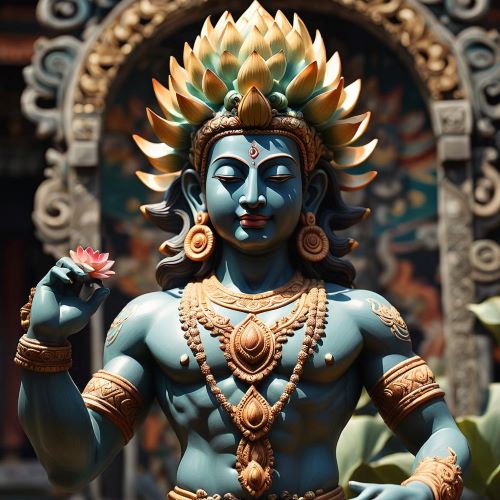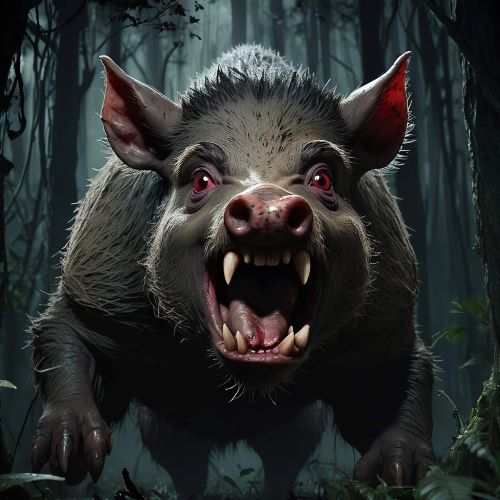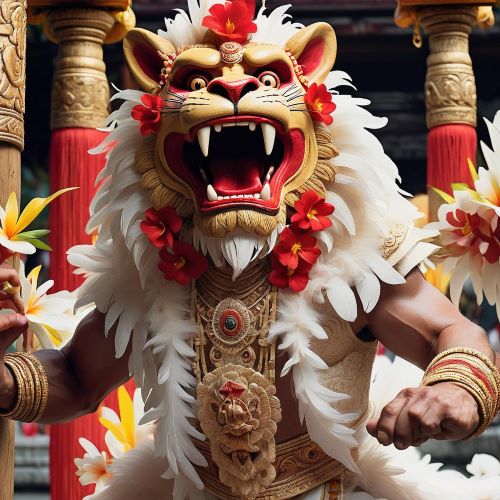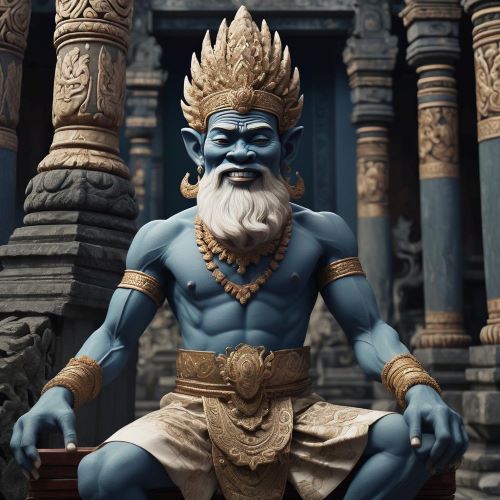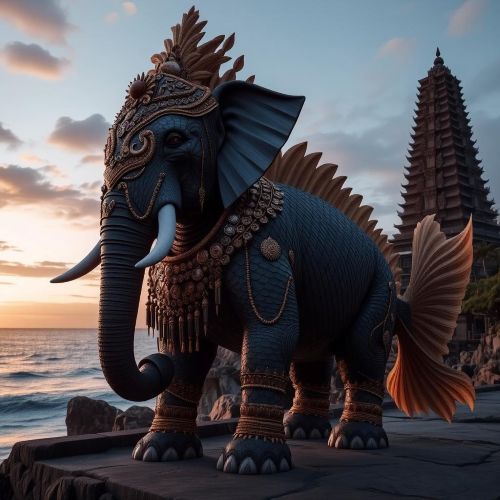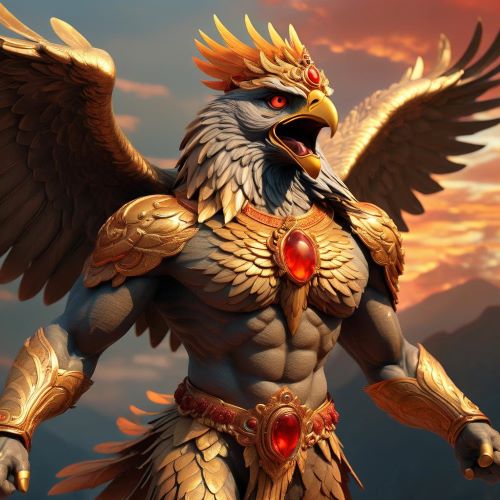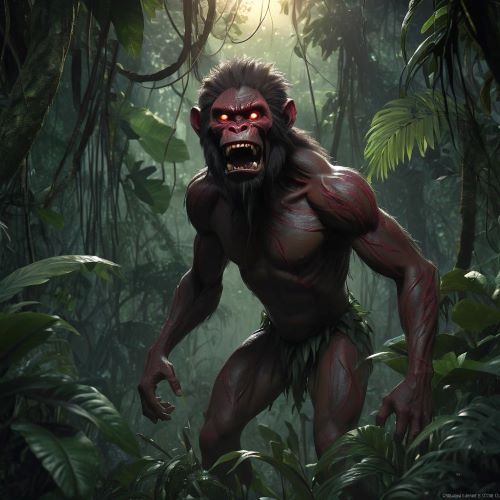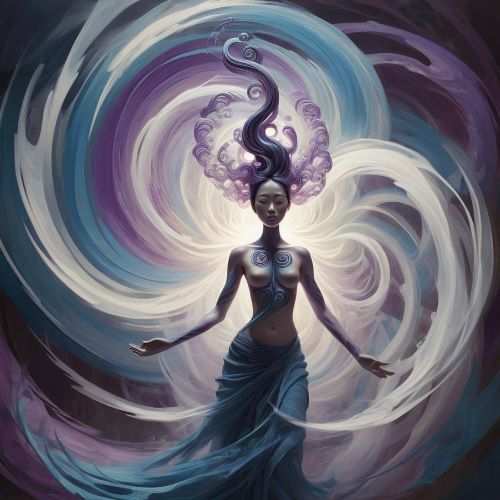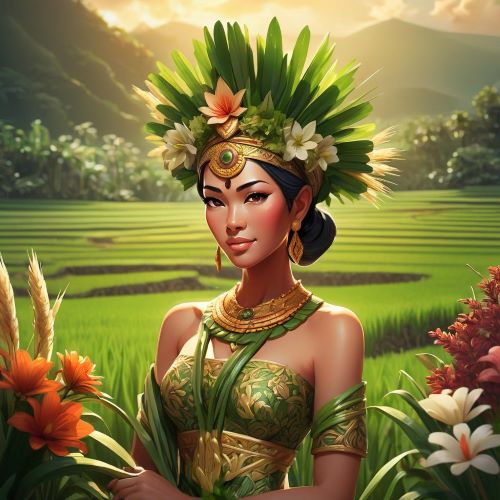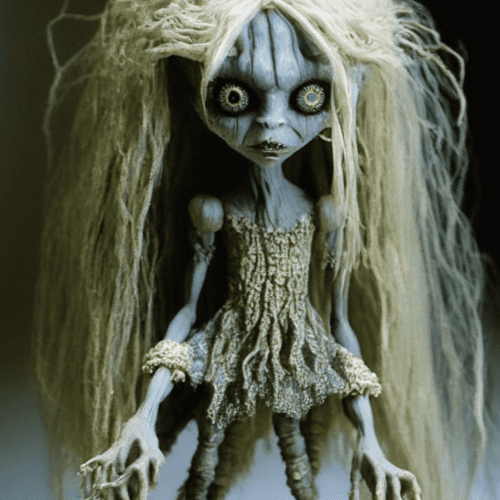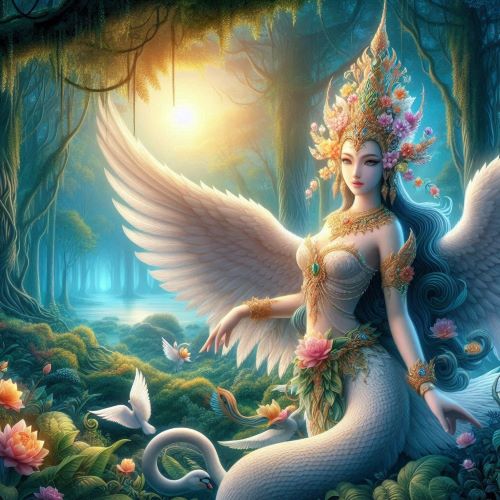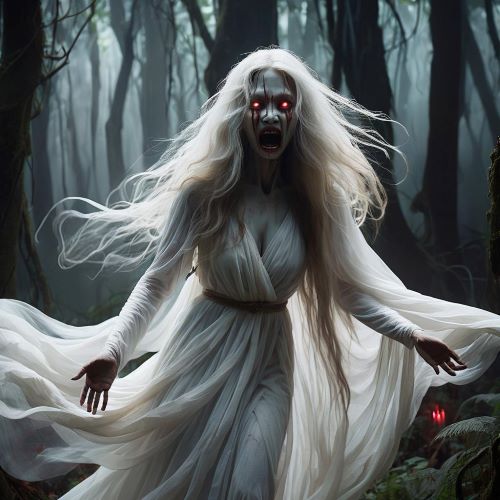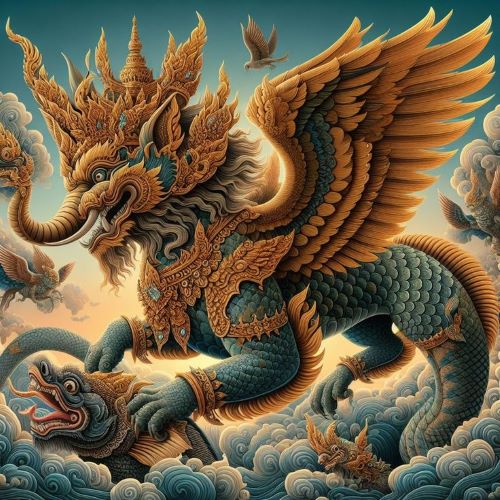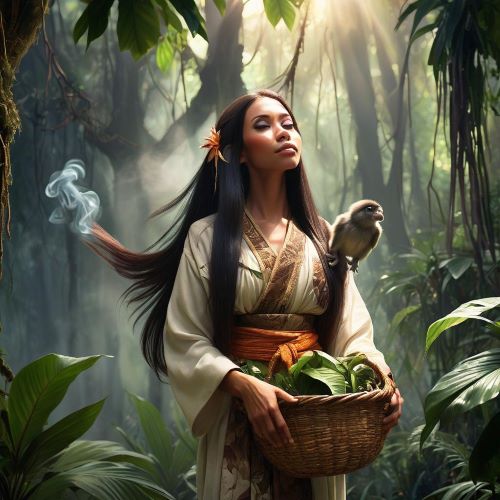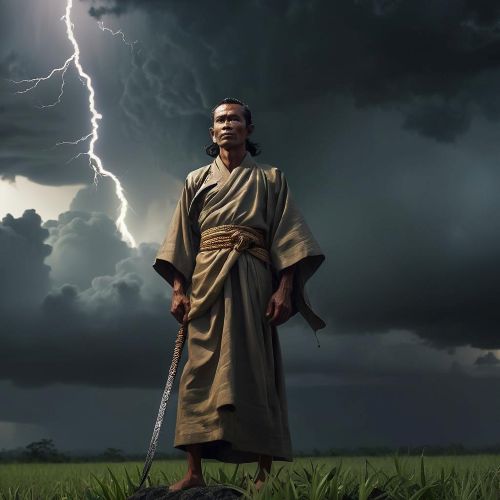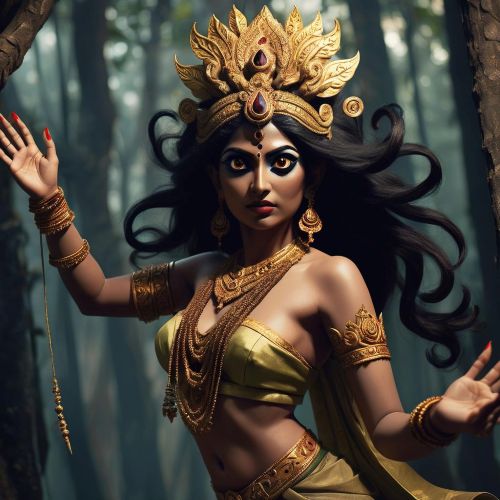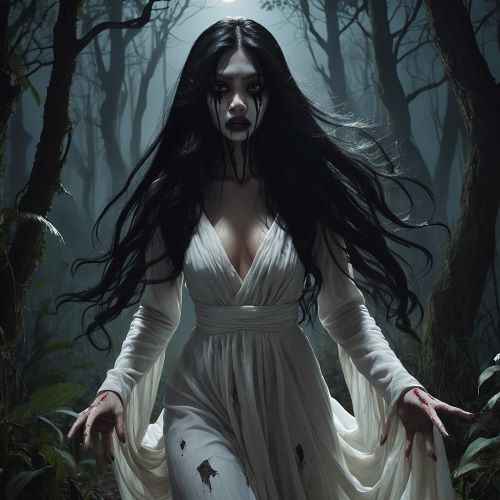Indonesian Mythology
Indonesian mythology is a vibrant collection of ancient beliefs, spiritual traditions, and heroic legends that have evolved across more than 17,000 islands forming the Indonesian archipelago. The country’s mythology is shaped by a blend of indigenous animist customs, Indian epics, Buddhist philosophy, and Islamic influences, creating a rich and unique cultural heritage that remains alive in festivals, art, and everyday rituals.
The island of Java is known for its powerful gods and ancestors whose stories reflect the eternal battle between order and chaos. Javanese mythology introduces deities such as Batara Guru, associated with cosmic harmony, and legendary figures like Semar and the Punakawan, who represent wisdom hidden beneath humor and humility. These myths are deeply woven into traditional performances like wayang kulit shadow theatre, where moral lessons unfold through epic battles and divine encounters.
Bali offers another side of Indonesian mythology that revolves around balance — good versus evil, the seen and the unseen. The iconic Barong, symbolizing protection, stands against the fearsome Rangda, queen of dark magic. Their eternal struggle is a reminder that harmony must always be maintained. Rituals, temple ceremonies, and dance dramas keep these stories alive as a central part of Balinese life.
Further east, in places like Sulawesi, Kalimantan, and Papua, indigenous myths feature spirits of nature, sky beings, and shape-shifting creatures who govern forests, seas, and the underworld. These stories honor the deep connection between humans and the land, teaching respect for the environment and ancestral laws. Among the most fascinating are the Bugis and Dayak myths, which include gods who descend from the heavens to establish noble bloodlines and mythical heroes who navigate both human and spirit realms.
Throughout Indonesia, mythical beings such as the Naga serpent, Leak sorcerers, and forest guardians continue to spark imagination and belief. While each island has its own pantheon and traditions, the common thread lies in the deep spiritual relationship shared between people, nature, and the supernatural.
Indonesian mythology today is not just a reflection of the past. It continues to grow and transform through literature, films, tourism, and local customs. These legends remain an essential part of Indonesia’s identity, connecting modern generations with the timeless stories of their ancestors.



